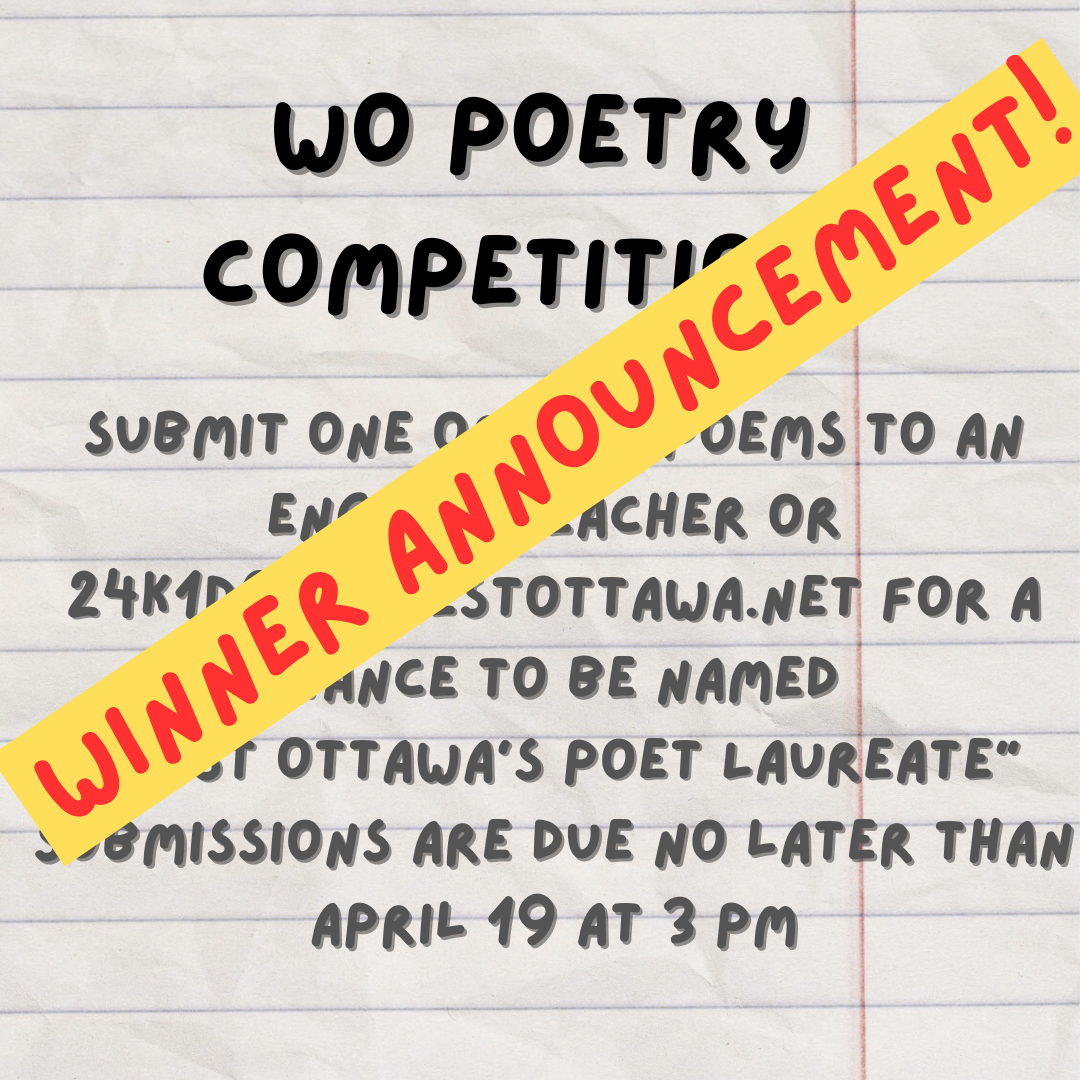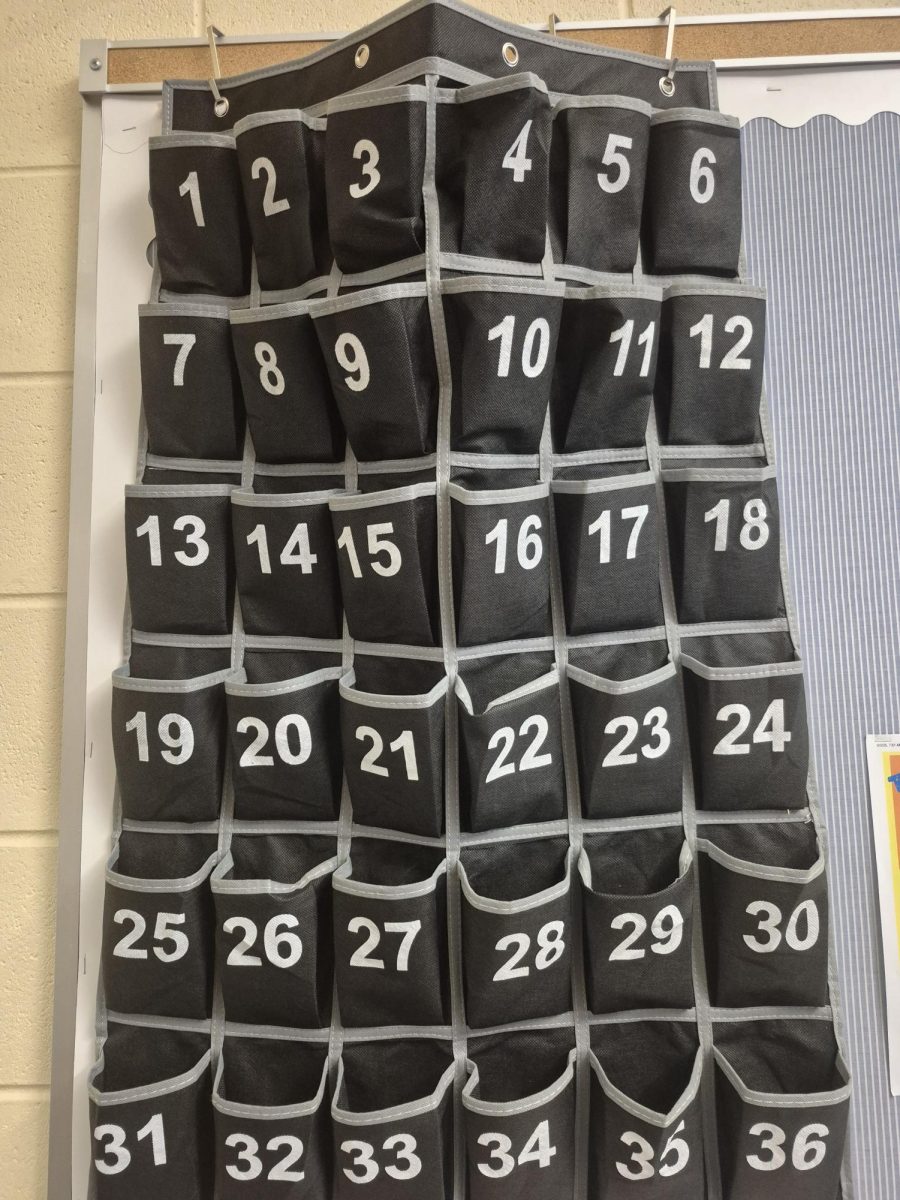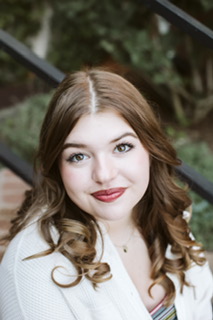Poet Laureate and Youngest inaugural poet Amanda Gorman said, “Poetry has never been the language of barriers, it’s always been the language of bridges.”
Bridges have been built at West Ottawa in the last few weeks. Not literally, but metaphorically.
This year’s poetry competition had 17 contestants, and to those contestants, I have one thing to say: Great job.
That being said, we can only have one winner.
In third place, Destinie Harvey with two entries: “Ten Minutes” and “Is There a Way Out”
“Ten Minutes”
“Ten minutes, it only takes ten minutes.
Mom always says, ten minutes to make your bed, pick up your dirty clothes.
It’s the least you can do, cleaning your room.
After all I’ve done for you, I made my bed five minutes.
tidied my desk ten minutes, swept the floor twenty minutes.
Folded my clothes thirty minutes, it’s the least I can do.
Cleaning my room, after all she’s done for me.
forty minutes I dusted the shelves, the dust will return in a few days.
No one to dust again, but it’s the least I can do.
After all she’ll go through, an hour passed.
The room was spotless, except for a folded note on the bed.
I hope she’ll be happy, for even just a moment at the side of the neat room.
It’s the least I can do, after all I’m leaving soon.
An hour more, I’m already gone.
Forgive me, mom.
It’s the least you can do, after all I’ve been through.
I’m sorry.”
“Is There A Way Out”
“Is there a way out, some place safe.
Will there be freedom, someplace peaceful.
Is there a way out, just a place that’s warm.
someplace away from this storm, just someplace where I can be me.
Is there a place with a tree, somewhere surrounded by bees?
Is there a way out?”
Instructor Eric Wilkinson said, “The way the 5, 10, 20 minutes built throughout the beginning of the poem [“Ten Minutes”] was a strong organizational choice. I also like the tone created by the repetition of ‘it’s the least I can do.’”
In second place is Emerson Moffatt with “Goodbye.”
“Goodbye.”
“Until today I hated “Goodbye”.
What an ugly god-awful word.
Every bit of it haunted me.
It followed me everywhere I went.
Every waking minute in my seven-hour day
stacked in the form of a ten-month year.
Goodbye stalked me like a ghost and
I hated it.
I hated Goodbye because I thought Goodbye was the end.
I tried to ignore it, to pretend it was a promise instead.
I told myself that Goodbye was to Hello as Goodnight was to Good Morning.
That the latter would always follow.
For a while I really did believe it.
Then spring came along and that terrible word started growing again.
Like weeds it invaded my consciousness, and
no matter what I did, it refused to leave.
Still, until today I swore I’d never speak that word.
Maybe that way it would never be true.
Never permanent.
But then today happened.
Today, when everything I’d ever known was
narrowed to a single dark classroom.
Locked down and frozen in time and scared silent.
Today, when I was surrounded by faces and fear,
crammed in with my peers and feeling more alone than I ever had
in my entire life.
And the whole time, all I could think about was that terrible word,
and how badly I wished for the chance to use it.
For the past few years I’d never needed Goodbye.
Until today I’d started to think I never would.
But in the dark I held onto that word.
I wanted to be able to outlast that classroom, that silence,
I wanted to be able to look back and remember this life.
I wanted to live and to say Goodbye,
and to really, truly, absolutely mean it.
I wanted to remember these seven-hour days
poured into ten-month years.
I wanted to smile and be able to smile
because that would mean I had made it to another tomorrow.
I wanted to keep the stories and the jokes.
I wanted to turn on the lights and to sing and to dance
because to sing and to dance meant I wasn’t stuck alone
in a dark hole in the ground because I never made it out of a lockdown.
I wanted to be alive and above all,
I wanted to say that word.
I think Goodbye is hard to say because it rocks you.
It twists you into knots and wrings you out and eats you up.
Goodbye haunts you. It follows you,
and until today, I hated it.
But now I guess it was really the fear that I hated.
The fear that came with change.
The fear of the unknown. The fear of leaving it all behind and being left behind in turn.
Goodbye is the hardest word to say,
but not saying at all it is worse.
So I’ll change and love and cry and smile and dance and sing and remember doing
all those things
because I want to live and face the unknown,
And when I say Goodbye to this part of my life,
I want to really, truly, absolutely mean it.”
Instructor Michelle Stoel said, “I love that the poem addresses the universal feeling of dread when it comes to changes in life. Especially for seniors, this time when graduation is imminent is exciting and thrilling but also sort of scary because life will be different. I love how the poem evolves from the fear of ‘goodbye’ to the gratitude for having the chance to say ‘goodbye’–which means we continue to live and relish new experiences in a life we should be grateful for every day. Poetically, I appreciate the juxtaposition of sound versus silence and freedom of movement versus being ‘narrowed to a single dark classroom.’ I read it aloud to my husband and started crying–that emotional reaction is evoked by powerful words.”
Last but certainly not least, in first place, and West Ottawa’s 2024 Poet Laureate, Zaesha Thompson with her poem “17.”
“17”
“I’ve been 17 years old for 3 months 15 weeks 102 days or if you want to get down to the exact minutes 146,752 but I haven’t aged I am still 6 years old playing with my mother’s hair smelling the mousse she used that morning I am still 12 years old counting down the days till I am a freshman in high school with a billion ‘I cannot wait’ I am still 14 full of excitement and nerves on my first day of freshman year my hair ruined by the sprinklers as I was waiting for the bus I am still 15 crying over a boy I’ve never dated I haven’t aged since I was born I am still a Russian doll of myself deep down inside un-aging and full of wonders and regrets”
Instructor Ann Kirkendall said, “In ‘17,’ I appreciated how the student-poet explores the intersection of time and identity. Even though we change so greatly over time, we are still the same people we were when we were six years old, when we were twelve years old, and so on. I also appreciated the use of enjambment (the running over of a line of poetry into the next). Our lives are divided into different ages; all time and experience blend together without division, as ‘17’ captures. What set this student-poet apart from the other submissions is that in ‘17’ they thoughtfully use literary craft to explore an idea. This student-poet is making choices to craft a poem, not just letting a poem spill out of them onto the page.”
Congratulations to our first, second, and third place poets! Congratulations to everyone who submitted this year, and I urge underclassmen to submit their poems next year!








